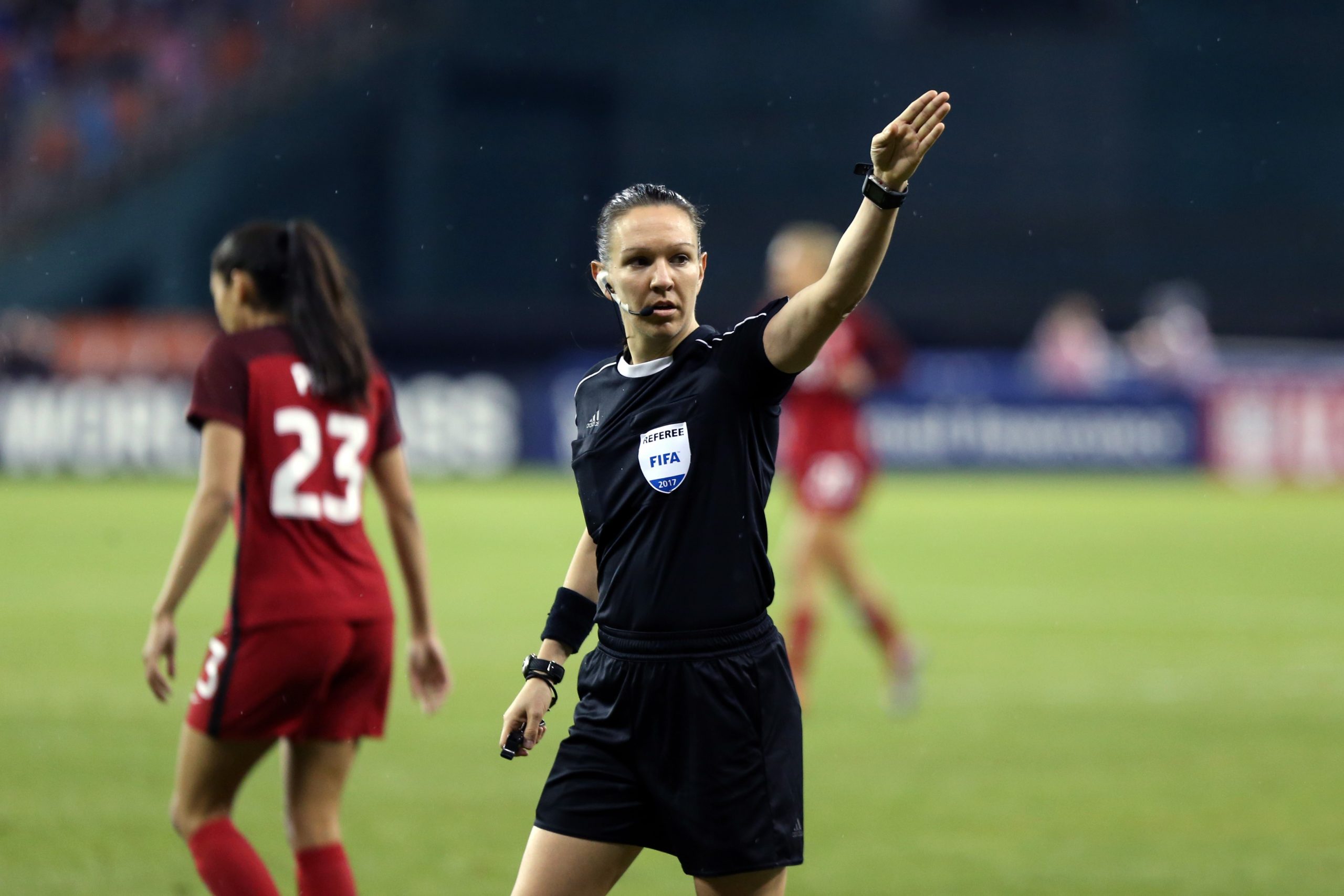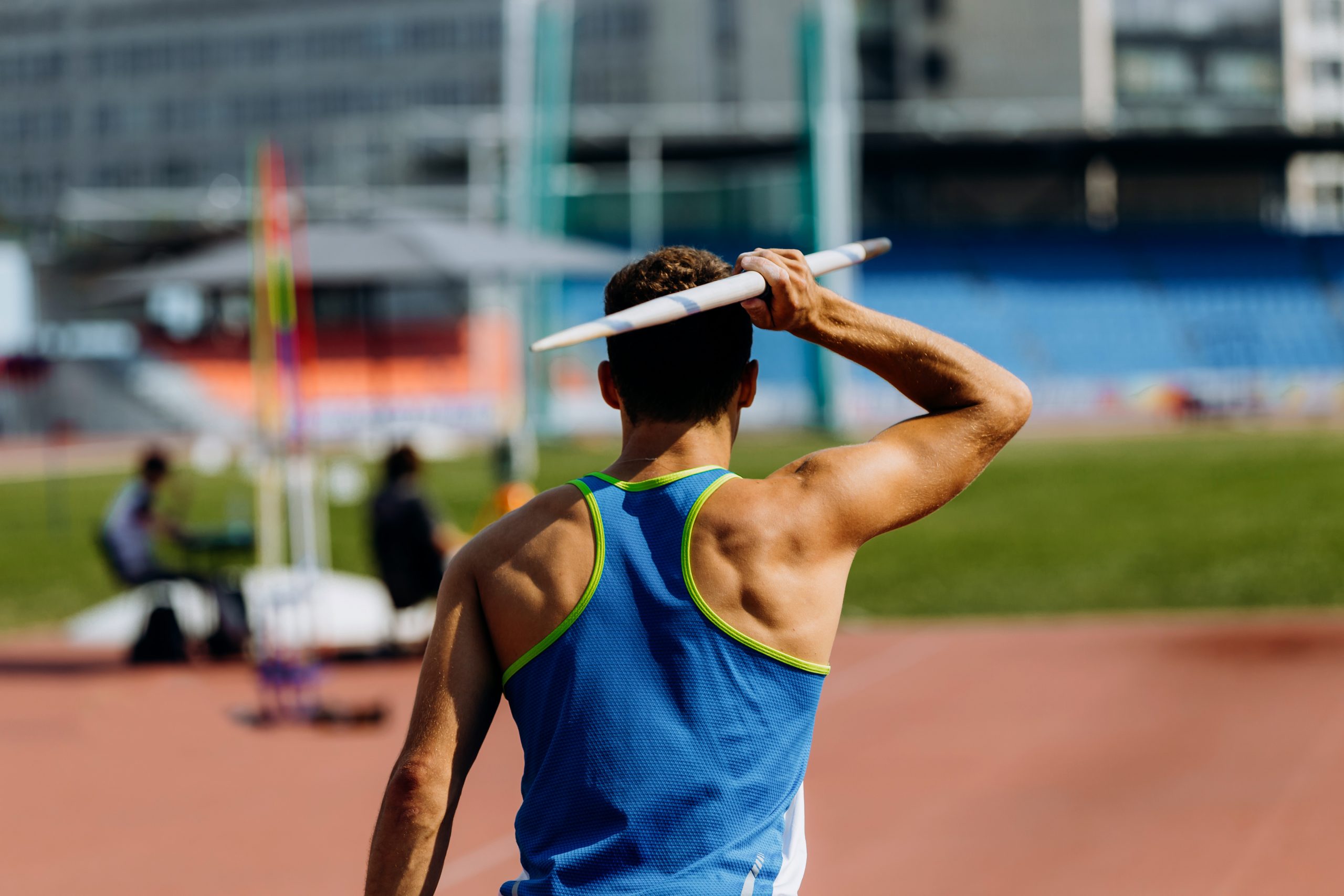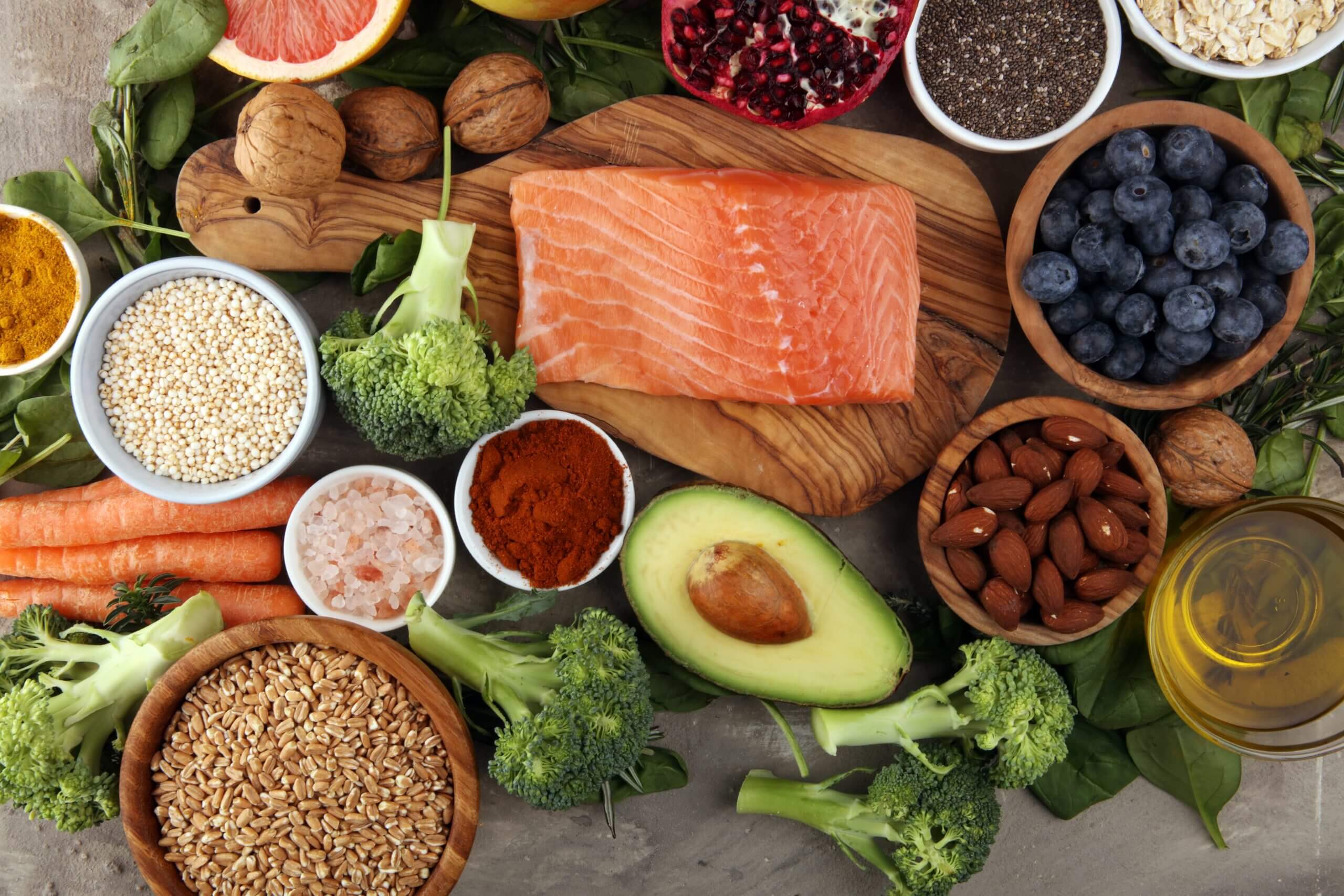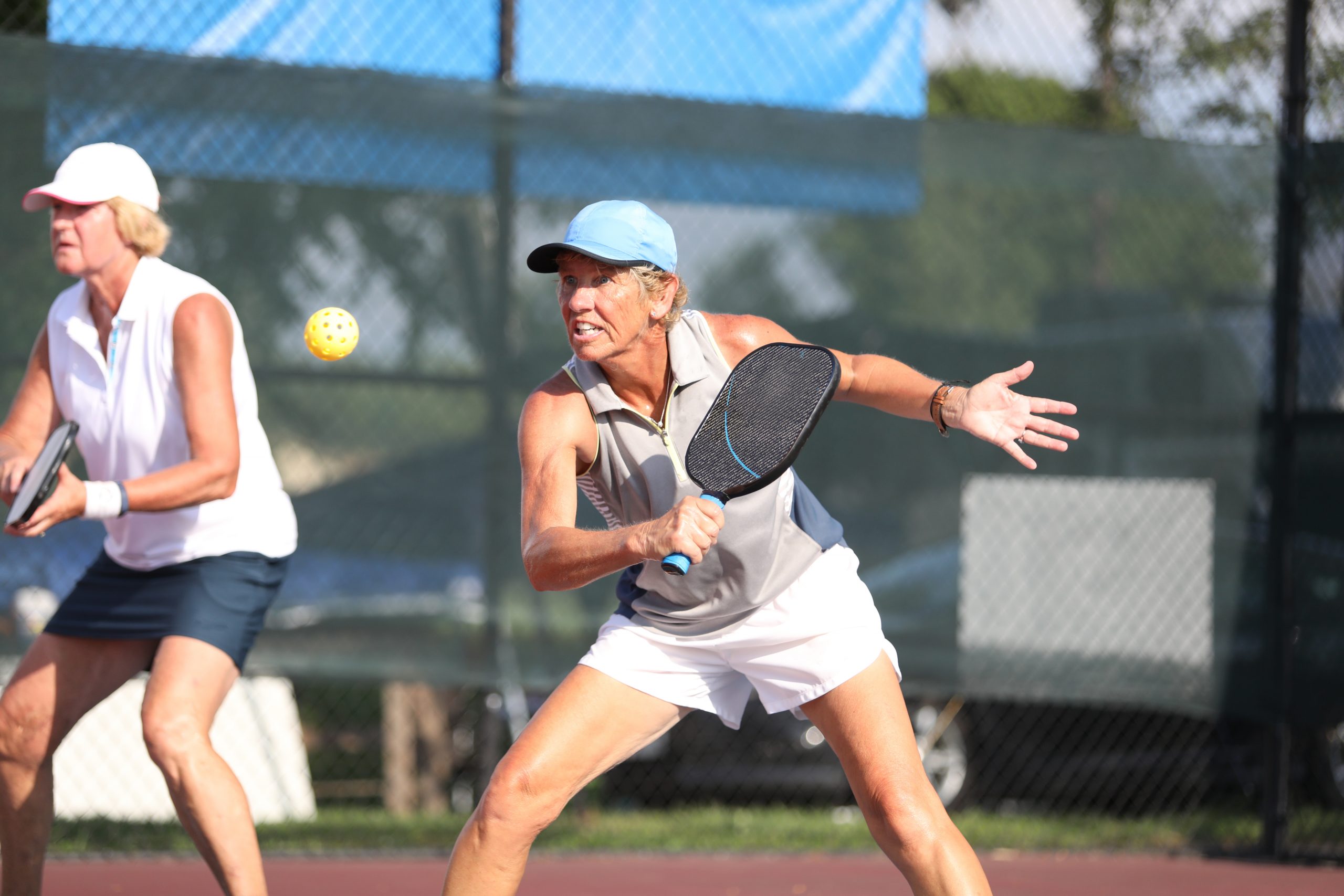Spring SIRCuit
During the challenging times of 2020, this edition aimes to provide some welcome reading, whether for a temporary escape or to inspire some new goals for future program and policy planning.

Officials are considered by some to be the unsung heroes of sport, responsible for upholding the rules and intentions of sport. SIRC sat down with Marie-Soleil Beaudoin – Canadian soccer referee and instructor of physiology and biophysics at Dalhousie University – to talk about her journey from the community soccer field to officiating at the 2019 FIFA Women’s World Cup.

There has recently been an increasing number of athletes bravely coming forward to share their stories about the psychological distress and associated mental health challenges they experienced during their athletic careers. Athletes are not immune to experiencing psychological distress and rates of mental illness among athletes are comparable to their non-athlete peers.

While easy to overlook, a rigorous and theoretically grounded program evaluation is the key to determining the impact of program participation on positive youth outcomes, from physical literacy to essential life skills such as leadership and self-esteem.

Athletes participating in contact and combat sports such as football, soccer, rugby, boxing, wrestling and lacrosse experience a high number of repetitive sub-concussive head impacts over the course of their training and competitive seasons. This article focuses on the potential for nutrition to contribute to sub-concussion injury protection.

Masters sport has been regarded as an ideal facilitator of healthy aging, and this article focuses on relevant discussions for Masters athletes 60 years of age and beyond.